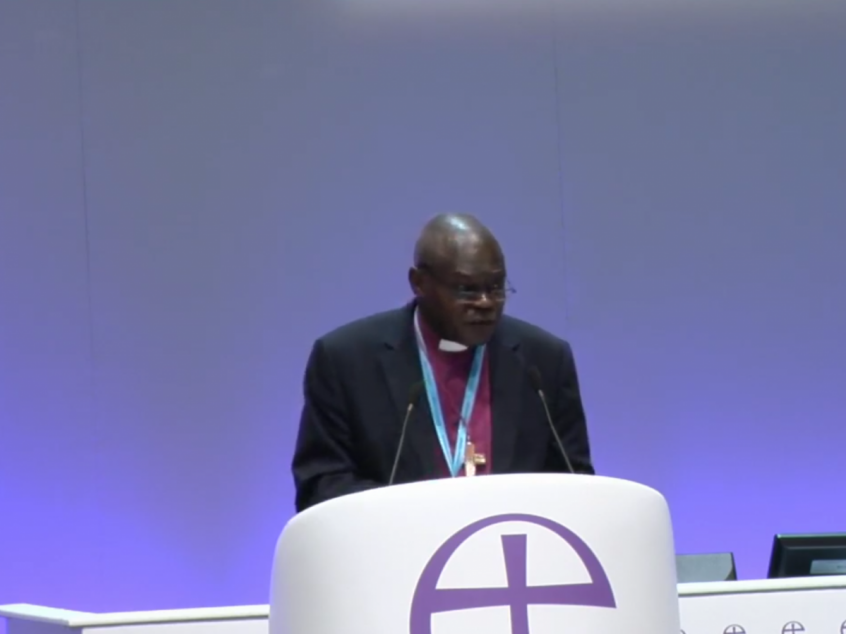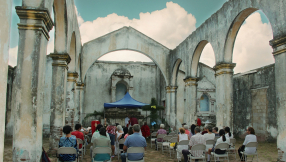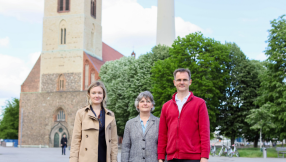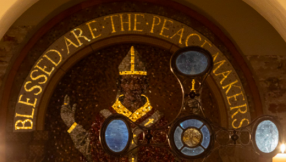
The Church of England has been told it must return to "the whole of Scripture and to Scripture as a whole" if it is to find a way forward through the disagreement over human sexuality.
In his presidential address to General Synod, Dr John Sentamu said that instead of being a guide to others, the Church had become an "echo-chamber" and that debate had been reduced to "crisp soundbite".
He suggested that the Church, both laity and clergy, needed to increase in biblical literacy as he said that Anglicans had "got used to jumping to conclusions quickly" and that the Church had "come to rely on others to do its serious thinking for it".
"The kind of disagreement we have is exactly the kind of disagreement one would expect to find in a church where the old habits of reading the Bible consistently and thoroughly, as part of a liturgical pattern or a pattern of private devotion, had broken down," he said.
"The expectations we have of Biblical literacy - not only of laity but of clergy too - would strike most earlier generations of Christians as sadly low.
"And if we do not read consistently, we shall not think consistently," he continued.
"This is the kind of disagreement one would expect to find in a church which has got used to jumping to conclusions quickly, driven by the need for a crisp soundbite, a church no longer capable of pursuing a question patiently and in hope.
"The Church has come to rely on others to do its serious thinking for it - whether they are theologians, philosophers, scientists, sociologists, statisticians, or simply those with a story to tell.
"The Church acts as an echo-chamber instead of an interpreter and guide to the problems others in our time face."
Dr Sentamu said the Church had made "little, if any progress" in answering the question first posed by former Archbishop of Canterbury, Dr Rowan Williams, at Synod nearly 10 years ago: "How can people who read the same Bible and share the same baptism come to strongly diverse conclusions about human sexuality?"
While public opinion could "jump from one conviction to the opposite, and back again, without caring very much about consistency or fairness", Dr Sentamu said it was necessary for the Church to "wrestle painfully" with issues.
"Our disagreements can be a positive test of our faith - an opportunity to model difficult discussions that ought to be going on everywhere, but are not. But we cannot do that, if we cannot draw on the resources of faith, God's word and God's work," he said.
The Archbishop said Anglicans needed to first seek to understand their opponents' faith in Christ before questioning them on their beliefs, as he called for more humility and challenged the Church to "disagree Christianly".
"What is crucial is working out how we recognise in someone else the sincere will to love and serve Jesus Christ, for this is the deepest level of mutual recognition in the Body of Christ," he said.
He continued: "To put yourself in your opponent's shoes you need to believe that God is leading your opponent, too, on the pilgrimage of faith seeking understanding, and that it lies within the mind and purpose of God to reveal the points of authentic convergence for those who start from different initial experiences.
"The power of faith seeking understanding is nourished by reading and engaging with the whole of Scripture and Scripture as a whole. In doing this, the Holy Spirit brings our minds and wills onto a convergent path."













